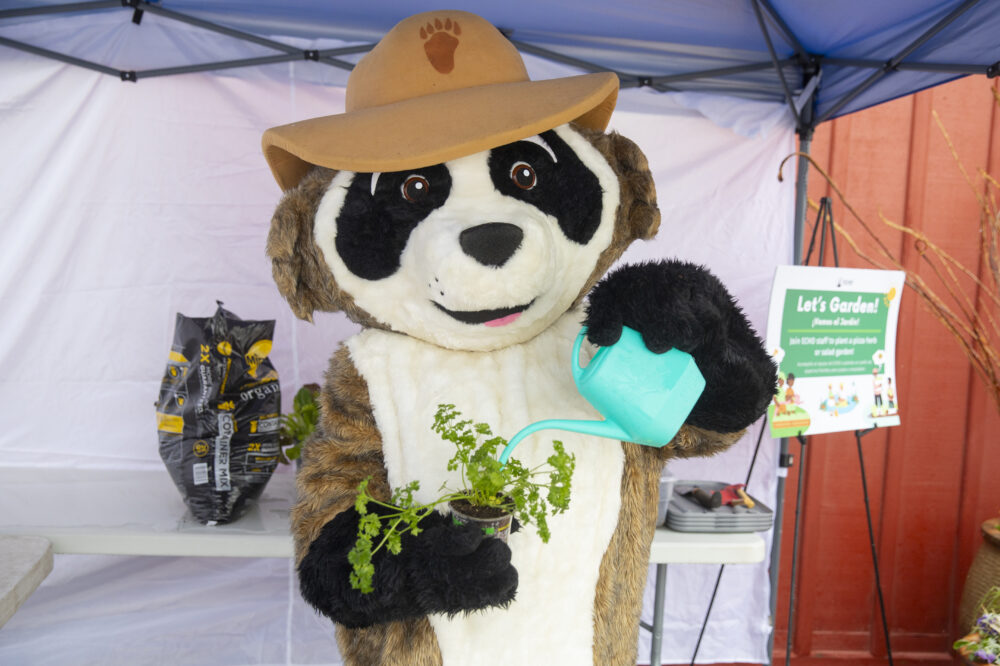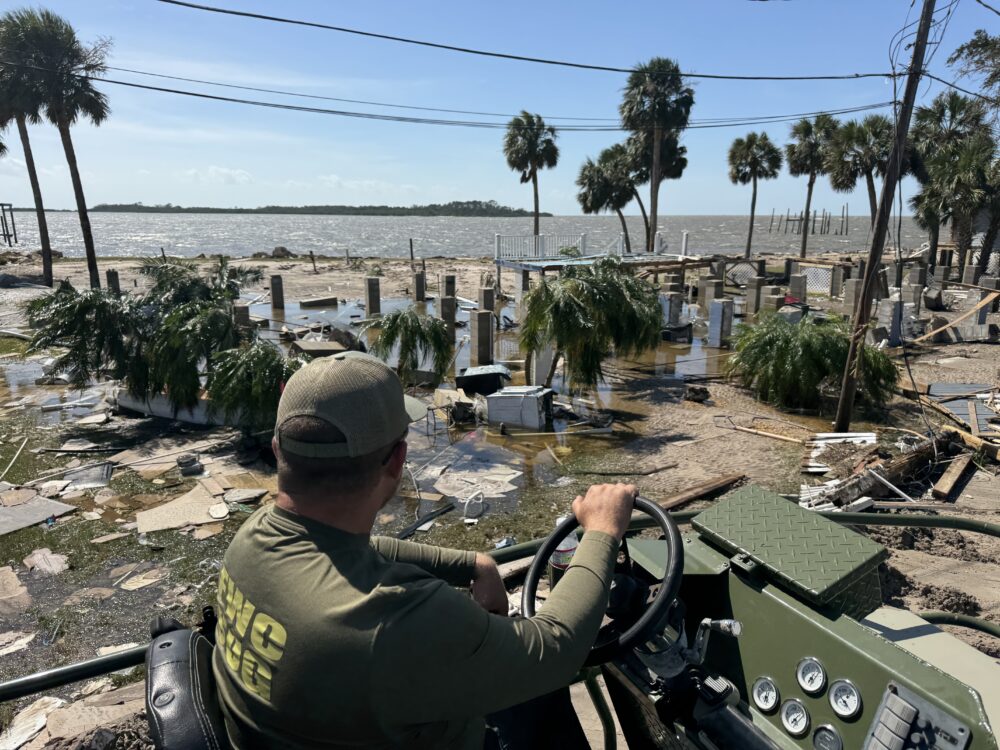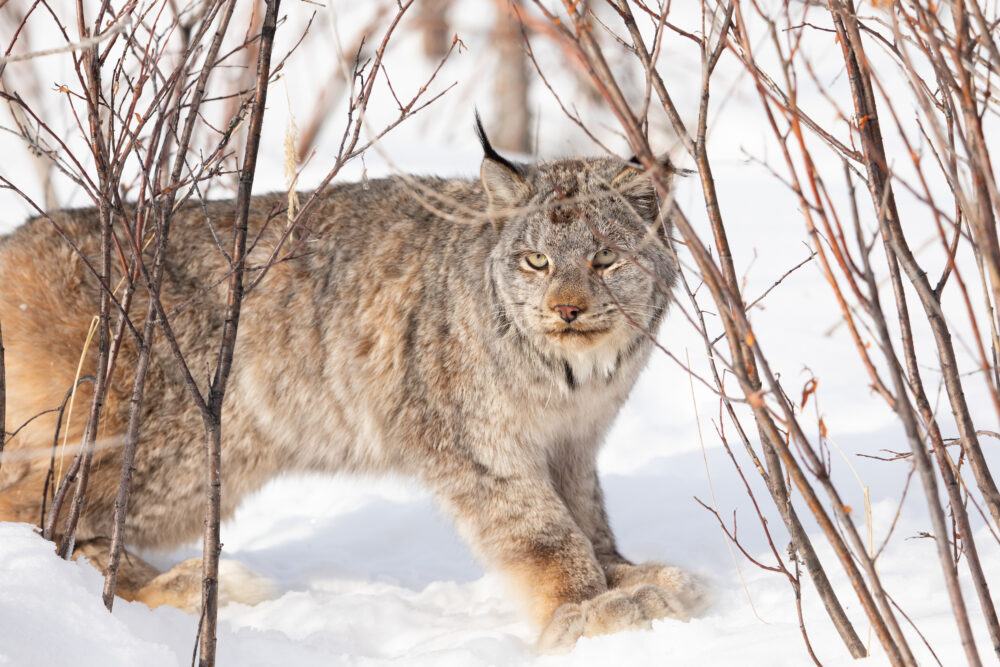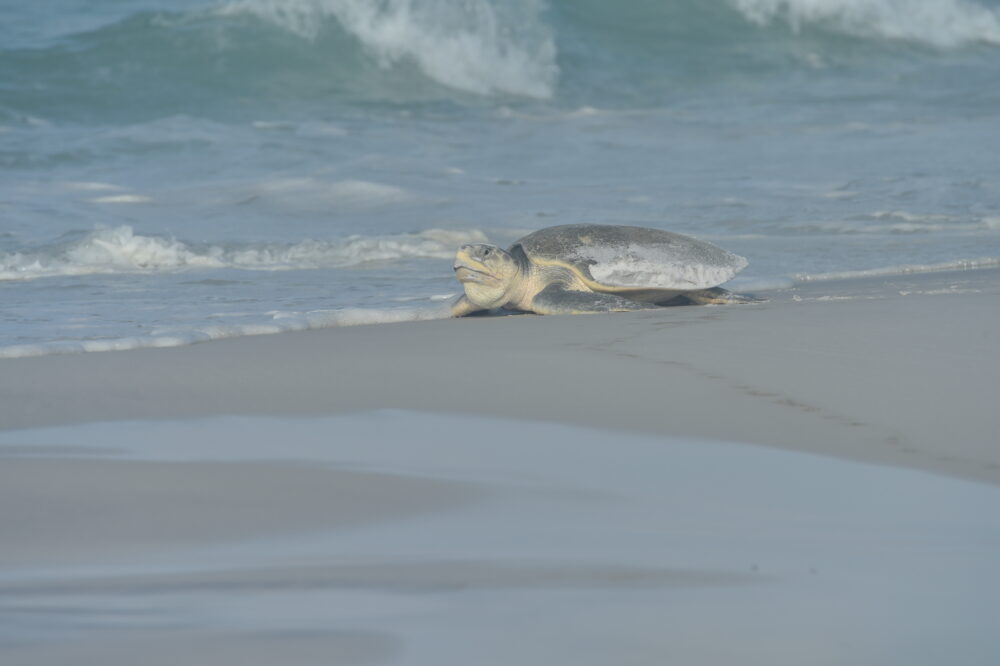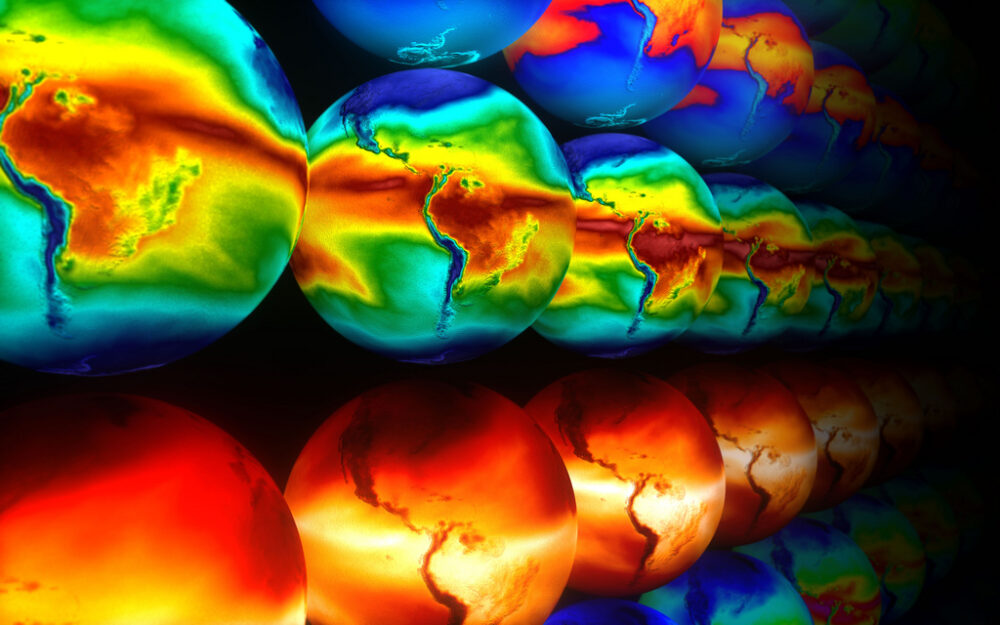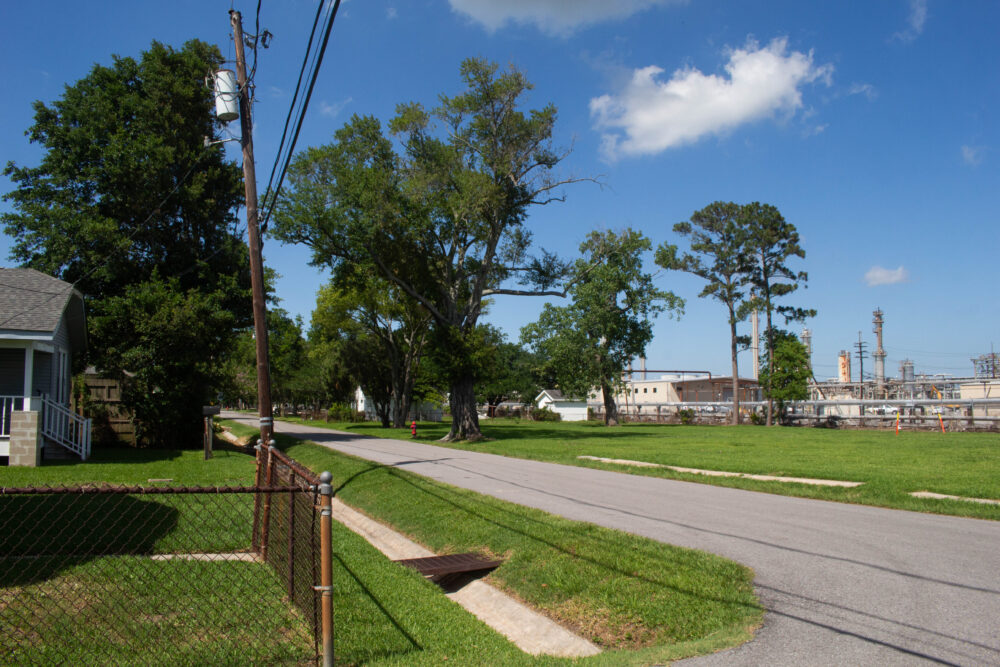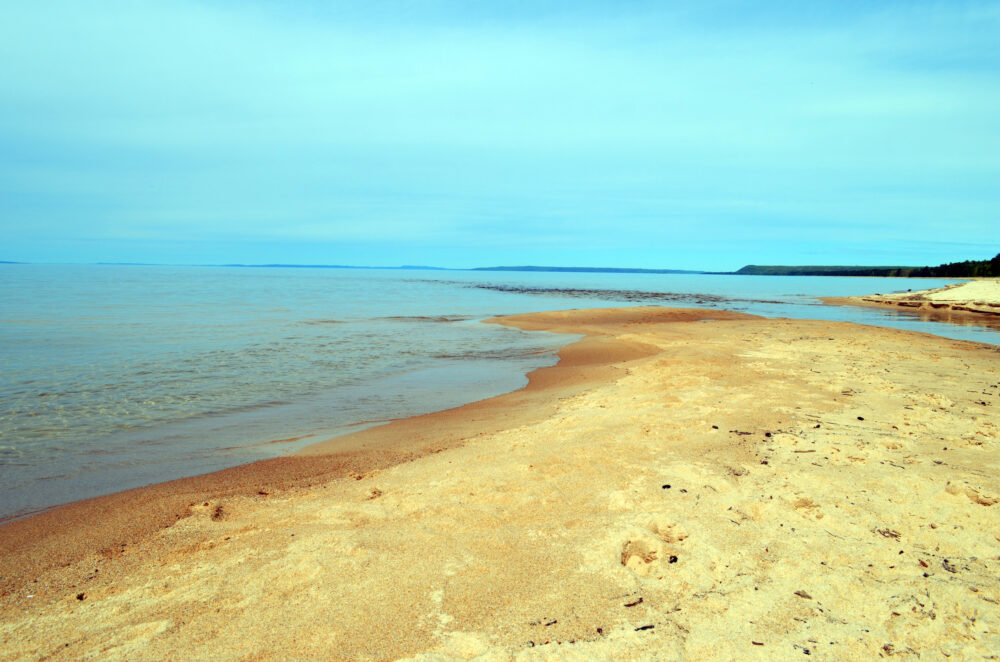We have much more to do and your continued support is needed now more than ever.
The Week in Fossil Fuel Disasters
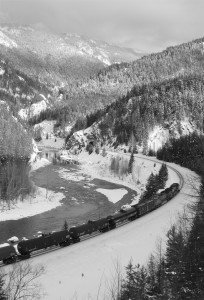
Oil Train Spill in Pennsylvania
Last Thursday, a train carrying crude oil and liquified natural gas derailed in Vandergrift, Pa. Three of the cars sprung leaks during the ensuing chaos, which also saw stray cars careening into the city:
Residents said the derailment was tremendous enough to shake buildings and could be heard throughout the surrounding area. One of the loose cars slammed into a business, destroying equipment that is used to mill steel blocks.
Thousands of gallons were apparently spilled, though a spokesperson for Norfolk Southern Corp, which owns the train, said the crude oil was contained and hazardous materials personnel were on the scene. That same spokesman said it was a good thing the train derailed where it did, between two hills, and not in a more populated area. He’s absolutely right: Vandergrift sits alongside the Kiskiminetas River. A spill in the river would have been much harder to contain, and the effects on wildlife would have been much worse.
Unfortunately, trains spilling their dirty fuel cargo has become too common an occurrence since the fracking boom kicked off, and tar sands shipments via train are poised to compound this threat in the coming years. And of course, pipelines aren’t the answer.
Second Spill in North Carolina’s Dan River
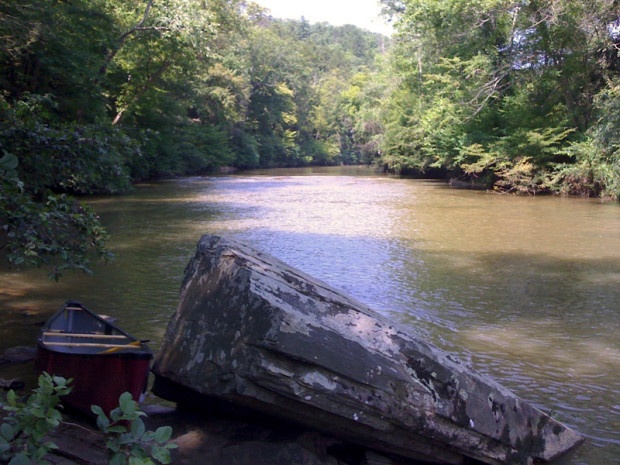
“If you’re some sort of a mobile species, like a mollusk or a snail or you’re a plant or something like that, and you’re buried under coal ash, yeah, you’re going to die.”
This will continue to be a problem for wildlife in the river for years to come, as there’s still no clear plan for cleanup.
Chevron Sends Pizza After Well Explosion
A week after a well explosion outside of Dunkard, Greene County in Pennsylvania, Chevron sent residents gift certificates for a combo meal at a local pizza joint.
That’s right: when a natural-gas well exploded, killing one worker and starting a well fire that burned for five days, Big Oil thought the best remedy for local residents was a large pie and a two-liter bottle of soda.
No Leg to Stand on
I saw a number of sites reference Chevron’s laughable attempt and public relations yesterday, and I started thinking about all these news stories we’ve seen in the past week about fossil fuel disasters. And they are, indeed, disasters; perhaps not as ruinous as 2010’s Deepwater Horizon spill or the oil train that demolished a Quebecan town last year, but each of these events wrecked havoc on local residents and wildlife.
Even worse, these practices provide the foundation for the carbon pollution that fuels climate change. While these disasters remain localized for the moment, the more we rely on these polluting fuels the harder it will be to prevent global disasters that result from global warming.
But that’s just the cost of doing business with the fossil fuel industry.
Take Action
![]() Help protect polar bears and their habitat by telling the EPA you support strong limits on carbon pollution from coal-fired power plants.
Help protect polar bears and their habitat by telling the EPA you support strong limits on carbon pollution from coal-fired power plants.





